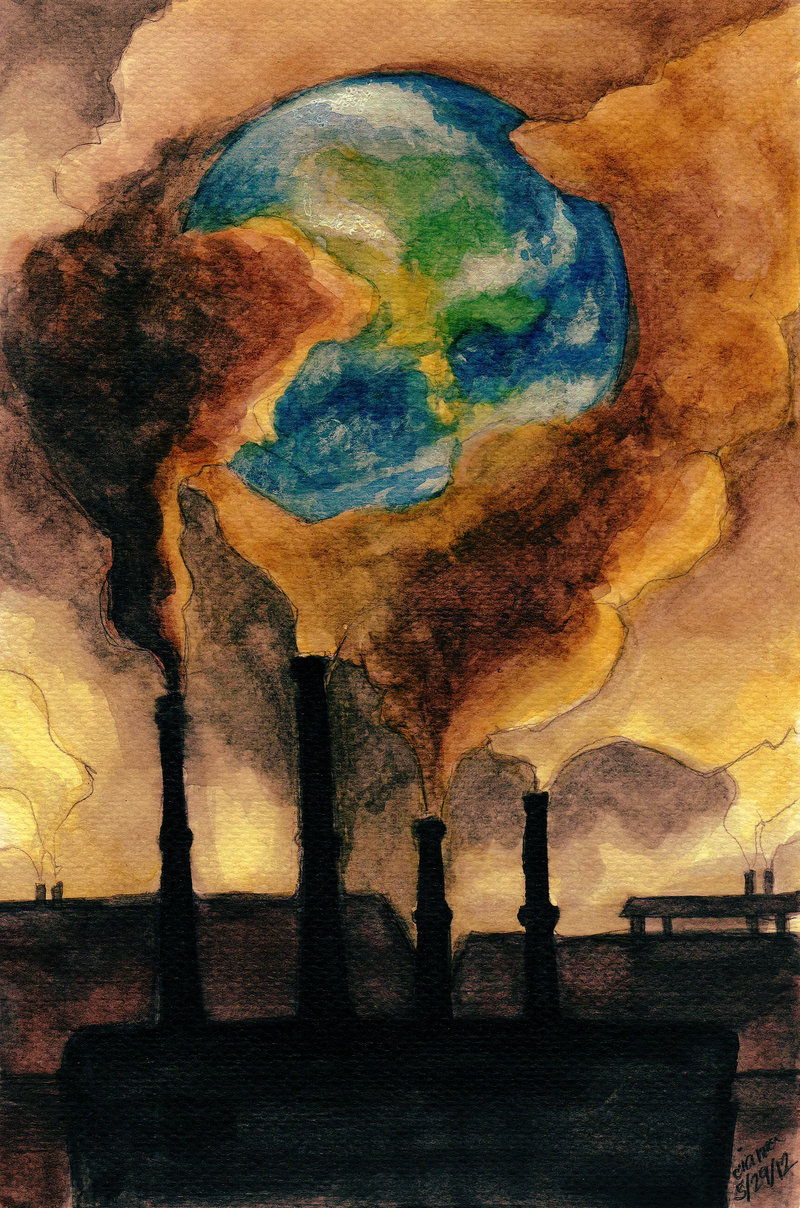 Rain and blustery wind continues this early Tuesday on California’s north coast, with another biggie-drench forecast for later this morning.
Rain and blustery wind continues this early Tuesday on California’s north coast, with another biggie-drench forecast for later this morning.
The NWS has also warned the shoreline could experience wind gusts up to 45 mph, and heavy-duty rainfall expected — hang on, clear, sunshine weather supposedly coming by Thursday.
In the midst of some hardcore winter storms, the National Oceanic and Atmospheric Administration announced yesterday the US had its second-warmest year on record in 2016, with every state feeling heat records (Yahoo): ‘“The breadth of the 2016 warmth is unparalleled in the nation’s climate history,” NOAA scientists wrote in their annual climate report.’
Reportedly, the lower-48 states was 2.9-degrees above the 20th-Century average, and 2016 the 20th-straight year of above-average temperatures.
Rain, snow, and cold as ice…
(Illustration found here).
Even in all our winter rain the temperatures have been warmer, at least even for the coast — we’re above 50-degrees right now and it’s nowhere like a week-or-so ago, heat in the time of cold. In that regard, climate change is exacerbating all aspects of local weather, and getting weirder, and more dangerous.
As temps climb, the oceans suck it up, especially at the poles. New data about greenhouse gases, ocean rise, and the we-be-fucked scenario, seems to worsen the plot.
Via the Washington Post yesterday afternoon:
It seems like just about every week, there’s more news on the rapid melting of glaciers in Greenland, Antarctica and elsewhere — and scientists’ growing concern about their potentially dramatic contributions to global sea level rise.
But there’s another major element affecting global sea levels, and research suggests that it could be a factor for centuries to come.
The process is called “thermal expansion,” and the science behind it is relatively simple: When greenhouse gases go into the atmosphere, they cause air temperatures to rise.
Some of the heat ends up being absorbed into the oceans, causing the water to expand in volume.
“If you’ve ever made a cup of tea on the stove you know that hot water expands,” said Susan Solomon, a professor of environmental studies at the Massachusetts Institute of Technology.
“It’s simply basic physics, and it’s something that the planet can’t get away from.”
…
A new study in the journal Proceedings of the National Academy of Sciences, written by Solomon and colleagues Kirsten Zickfeld of Simon Fraser University and Daniel Gilford of MIT, underscores the fact that even greenhouse gases that don’t last long in the atmosphere — methane, for instance — can have centuries-long impacts on the expanding oceans.
So although the atmospheric warming they cause may taper off comparatively quickly after their emissions are halted, their effects in the oceans are much longer-lived.
“The ocean never forgets — that’s the essential message of this paper,” Solomon said.
…
Even so, their effects persist in the ocean for hundreds of years.
One hundred years after the emissions stop, the model suggests that 75-percent of the peak amount of thermal expansion caused by methane still persists — and 40-percent remains even after 500 years.
Allowing the greenhouse gas emissions to continue unabated for longer periods of time produced even more severe effects.
The reason these effects last so long has to do with a fundamental aspect of the way the ocean moves.
Major ocean currents all over the world rely on a process known as “overturning circulation.”
Warm water flows from the equator to the poles, where it cools down, sinks to the bottom of the ocean, and joins a stream of cooler water flowing back toward the equator.
This process carries heat all over the world.
Solomon also seemed to have the bottom-line to our predicament: ‘“Amazingly, a gas with a 10-year lifetime can actually cause enduring sea-level changes. So you don’t just get to stop emitting and have everything go back to a preindustrial state. You are going to live with this for a very long time.”‘
On the oceans’ ‘overturning circulation,’ mentioned above, another new study released last week seemed to indicate one of those major ‘circulation’ systems could be on the verge of collapse (ScienceDaily).
And regards to ‘methane,’ also mentioned above, recent research shows even if we cut out all CO2, the major greenhouse gas, climate shit will continue, mainly because of methane (TechTimes).
Rain, rain, go away, should have come yesterday…